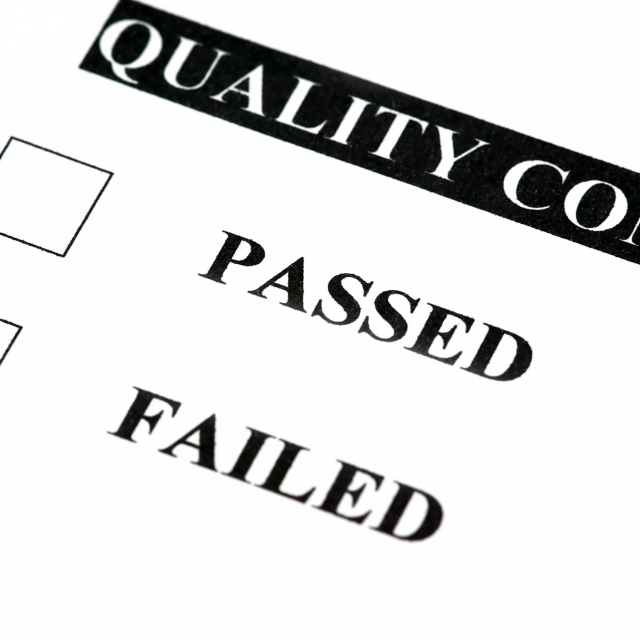Photo by Antonio Janeski on Unsplash
A leading think tank says the time has come to move from “divisive campaigns” to a coalition that “works for Europe.”
The comments come in the wake of the shock EU elections which showed key gains for the centre-right and far right parties.
Far from a major breakthrough, though, the Far Right, though, won just 9 more seats in a Parliament of 720 MEPs.
Former UK Europe Minister Denis MacShane said, “Overall the composition of the European Parliament has not dramatically changed with more social democratic MEPs elected than far right ones.”
Assessing the outcome of the poll. Strategic Perspectives, based in Brussels, says it now time to form a stable ruling coalition in the new European Parliament and its five year term.
The focus now shifts on negotiations over top jobs, including the incoming Commission President and priorities for the next 5 years.
The Far Right, despite some undoubted successes notably in France, Italy and Germany, is still splintered.
Many think the chances of the various groupings from France, Italy, Germany and elsewhere forming a working partnership in the parliament are considered as slim.
The EPP easily remains the main force in the assembly.
The think tank’s Executive Director Linda Kalcher told this site, “This vote hasn’t been a tectonic shift to the far right. The far right made clear gains, but that doesn’t necessarily translate into more power for the next five years, as most of them will not be palatable partners for the centre-right EPP.”
“The EPP’s main task will be to make industry competitive again – the threat from China and the US is not going away.”
“Now all eyes will be on the EPP leaders to create a coalition that makes it happen.”
Based on the exit polls, a pro-European majority is still seen by most as reachable.
The EPP, the S&D, Renew and the Greens, although they suffered losses, are being urged to agree on a “European Industrial Strategy that delivers on climate goals, reindustrialise the economy with good manufacturing jobs and reduce our import dependencies.”
Its International Relations expert Sara Beneditti Michelangelo said, ”The turnout for the European Parliament elections shows a clear mobilisation across all parties, regardless of their political stance. The challenges brought by the pandemic and the war have heightened awareness, as people realise that major issues such as energy security, climate change, and prosperity are tackled at the EU level. In times of war and cost of living crises, the significance of the EU is more apparent than ever.”
Director Neil Makaroff emphasises: “Despite important gains, far-right parties don’t have a majority without EPP to dismantle the European Green Deal.”
“The responsibility is on other political forces to form a new and stable coalition that addresses the concerns of Europeans: the cost of living and energy price crisis, the risk of de-industrialisation and rising inequalities.”
“Continuing the net-zero transition agenda in this mandate is a strategic choice to reposition the EU on the map of industrial powers, create green jobs in the emerging net-zero industries, and reduce energy bills.”
“Such a plan could cement a coalition between the EPP, Socialists and Democrats, Renew and the Greens.”




